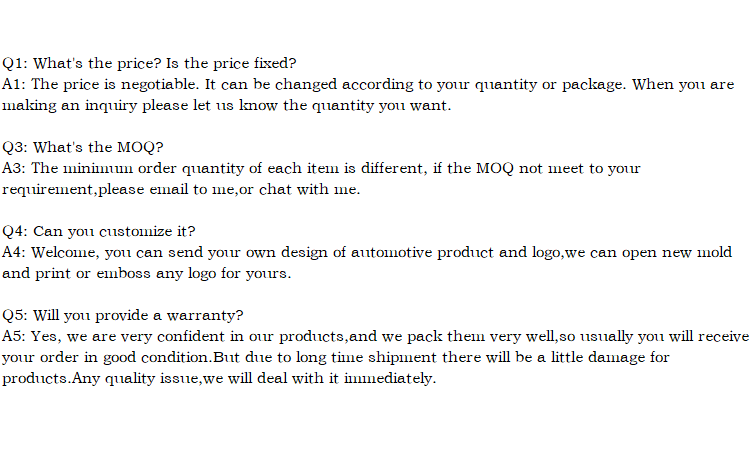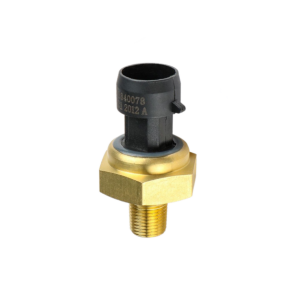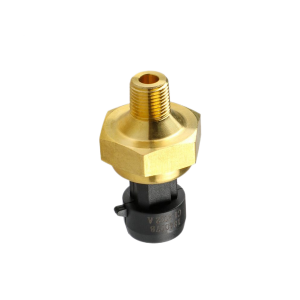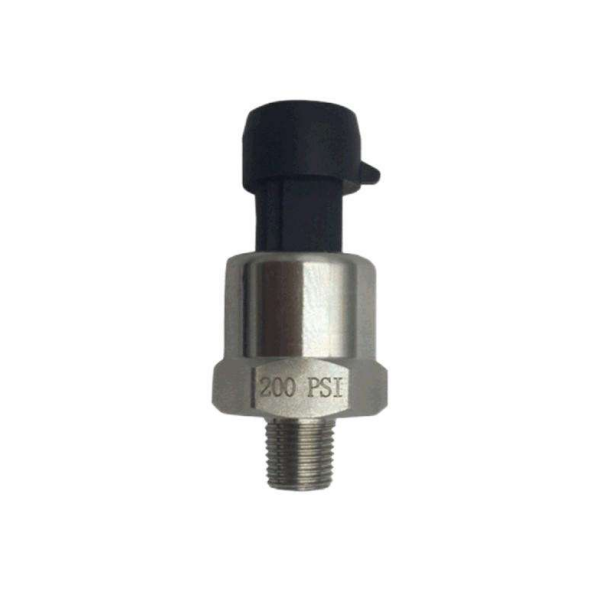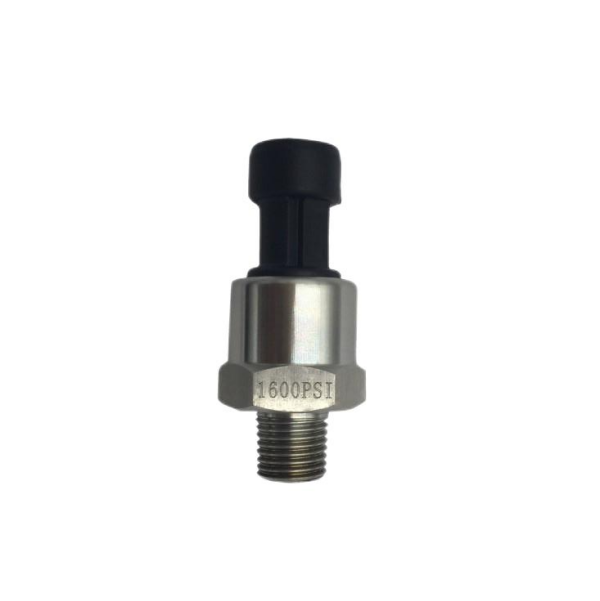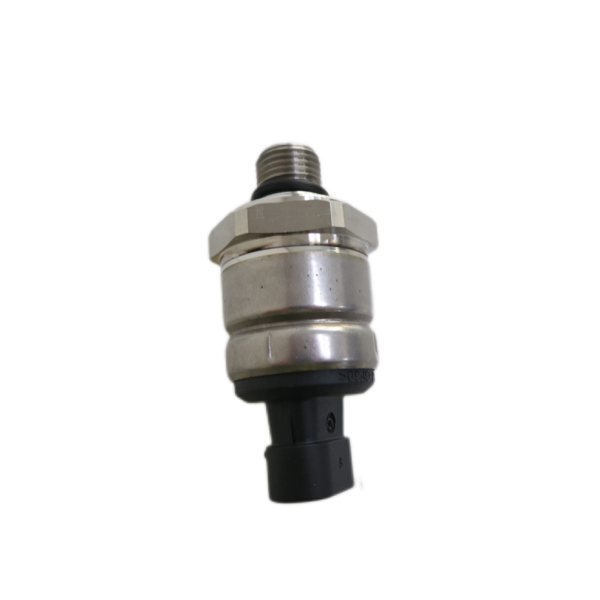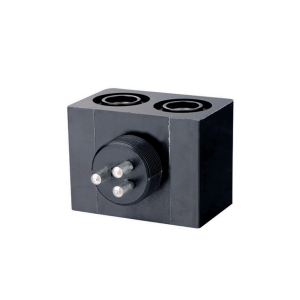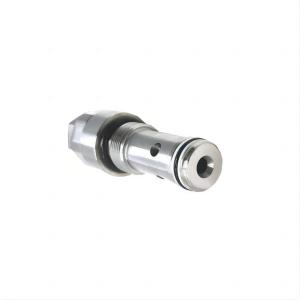Ford Electronic Oil Pressure Sensor Switch 4C3Z-9J460-A
Details
Marketing Type:Hot Product 2019
Place of Origin:Zhejiang, China
Brand Name:FLYING BULL
Warranty:1 Year
Type:pressure sensor
Quality:High-Quality
After-sales Service Provided:Online Support
Packing:Neutral Packing
Delivery time:5-15 Days
Product introduction
Sonar, lidar, radar/optical flow
Therefore, if triangulation by satellite is not a good way to avoid the ground, let's try to "see" it directly!
At present, there are at least three ready-made ranging technologies that can transmit signals and see how long it takes to bounce: sonar, lidar and radar module can all be used now.
However, these sensors have weaknesses:
Weakness 1: absorption
Some surfaces just don't bounce. Curtains and carpets absorb ultrasonic waves, dark paint absorbs lidar, and water absorbs microwaves. You can't run away from what you can't see.
Weakness 2: phase interference
There is signal interference between sensors. What happens when you put multiple identical sensors together? How do you know that the signal you detected belongs to this sensor? Even a single sensor must deal with the crosstalk from itself and wait long enough for the echo to disappear.
Signals can be "encoded" (basically encrypted) so that each signal is unique, but this increases the complexity of the device. * * A good solution is to semi-randomize the signal plan, so that the time will not be locked and it will always be deceived by the synchronization signal.
Optical flow sensor is a different method, which uses a camera to observe whether the object in the lens is getting bigger (indicating that the ground/wall is rising rapidly), smaller (when the obstacle disappears) or sliding sideways. Cameras don't interfere with each other like sonar. If you are really smart, you can estimate tilt and other 3D properties.
Optical flow sensors still have "absorption" weakness. You need a good textured surface for them to see the flow, just as their optical mouse can't work on glass. They are becoming more and more popular, because streaming computing is now something you can put into an FPGA or a fast embedded computer.
Product picture
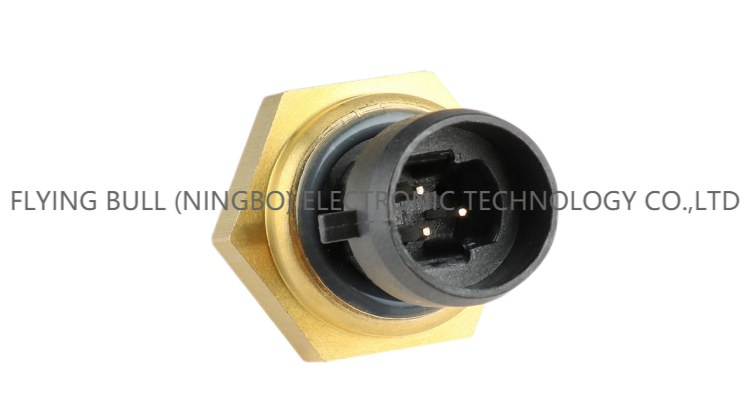
Company details



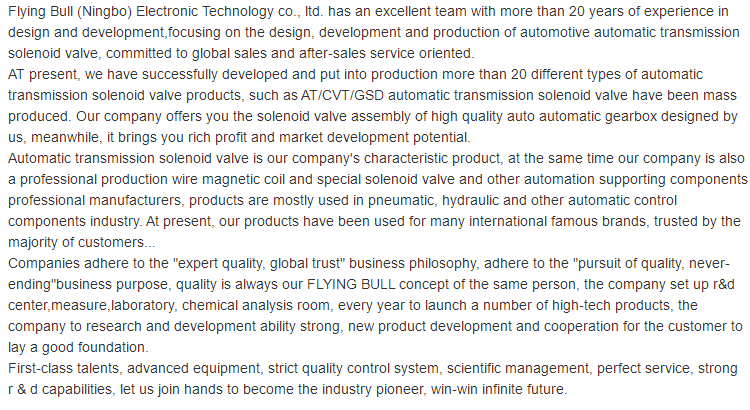
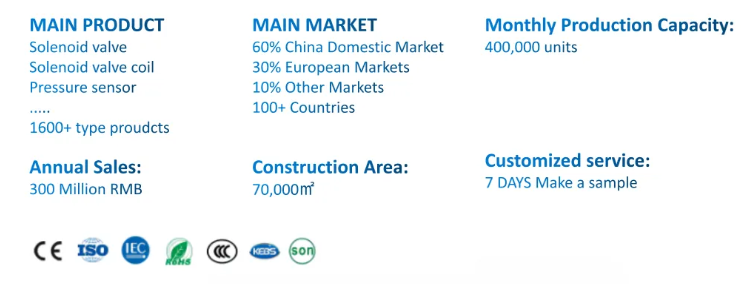
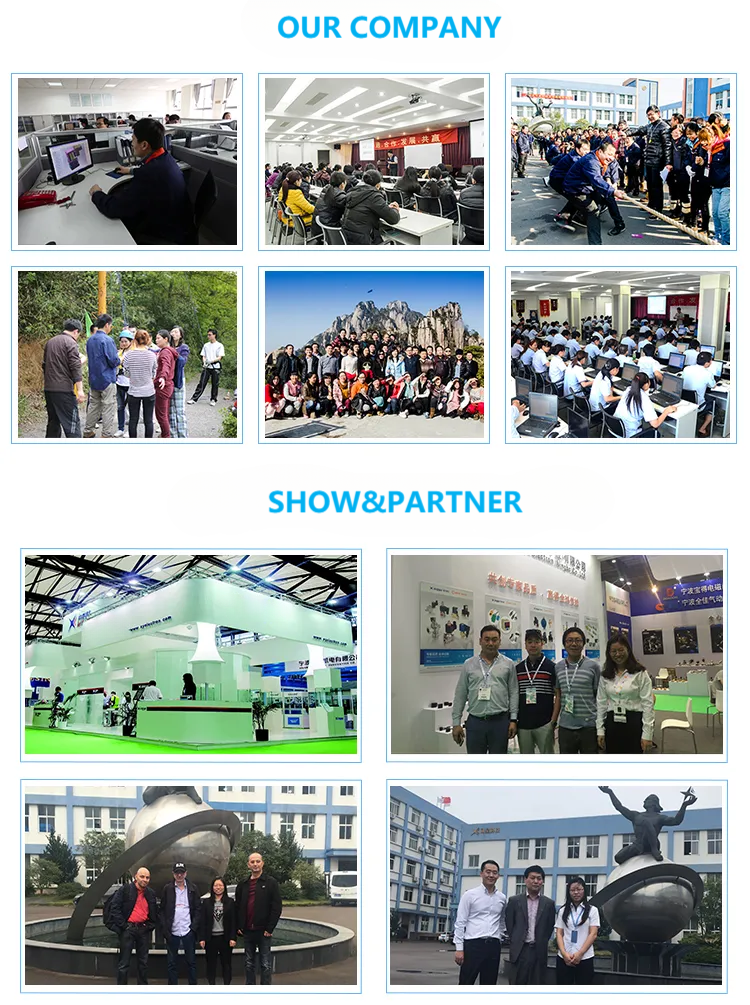
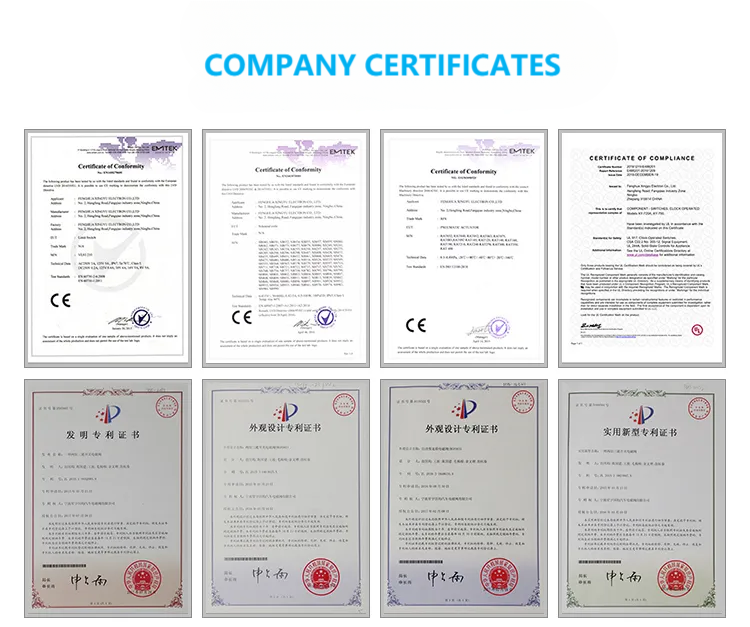
Company advantage
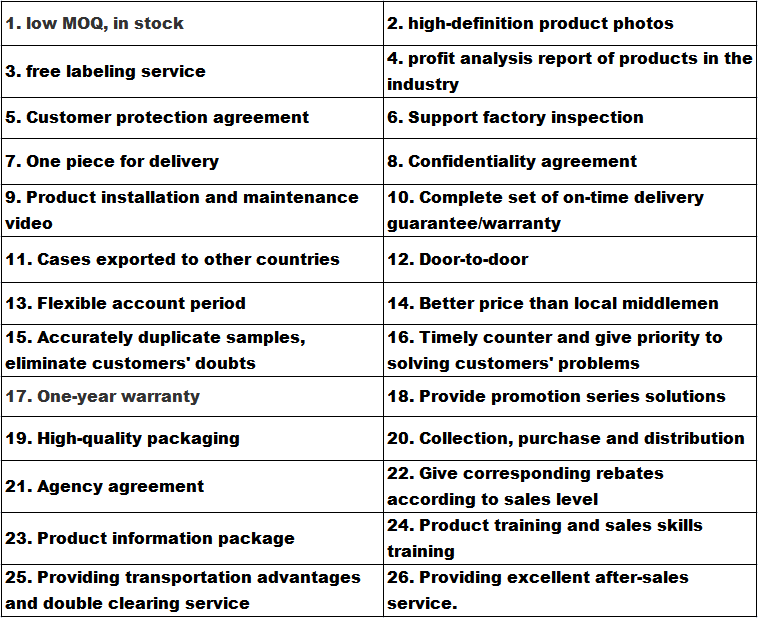
Transportation
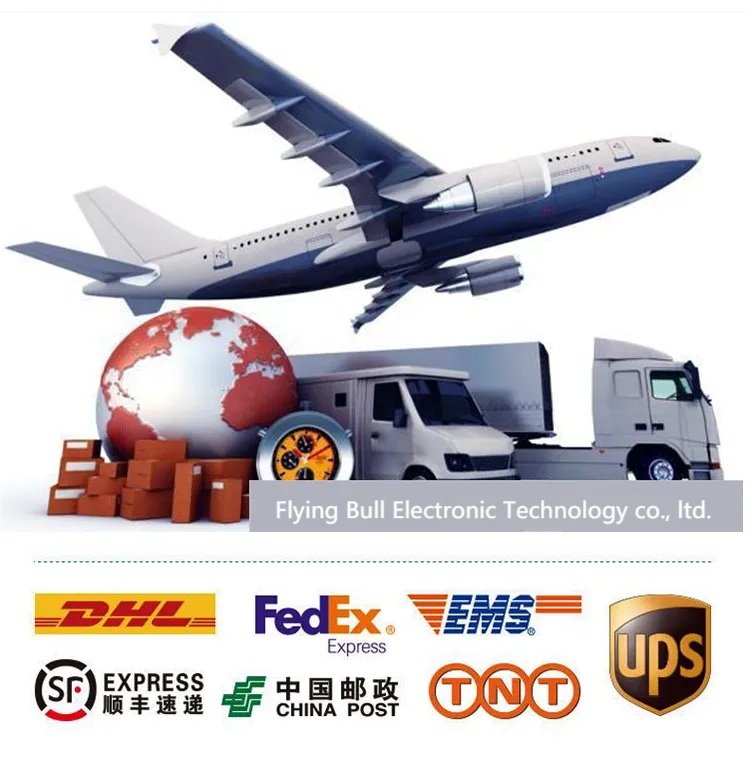
FAQ
